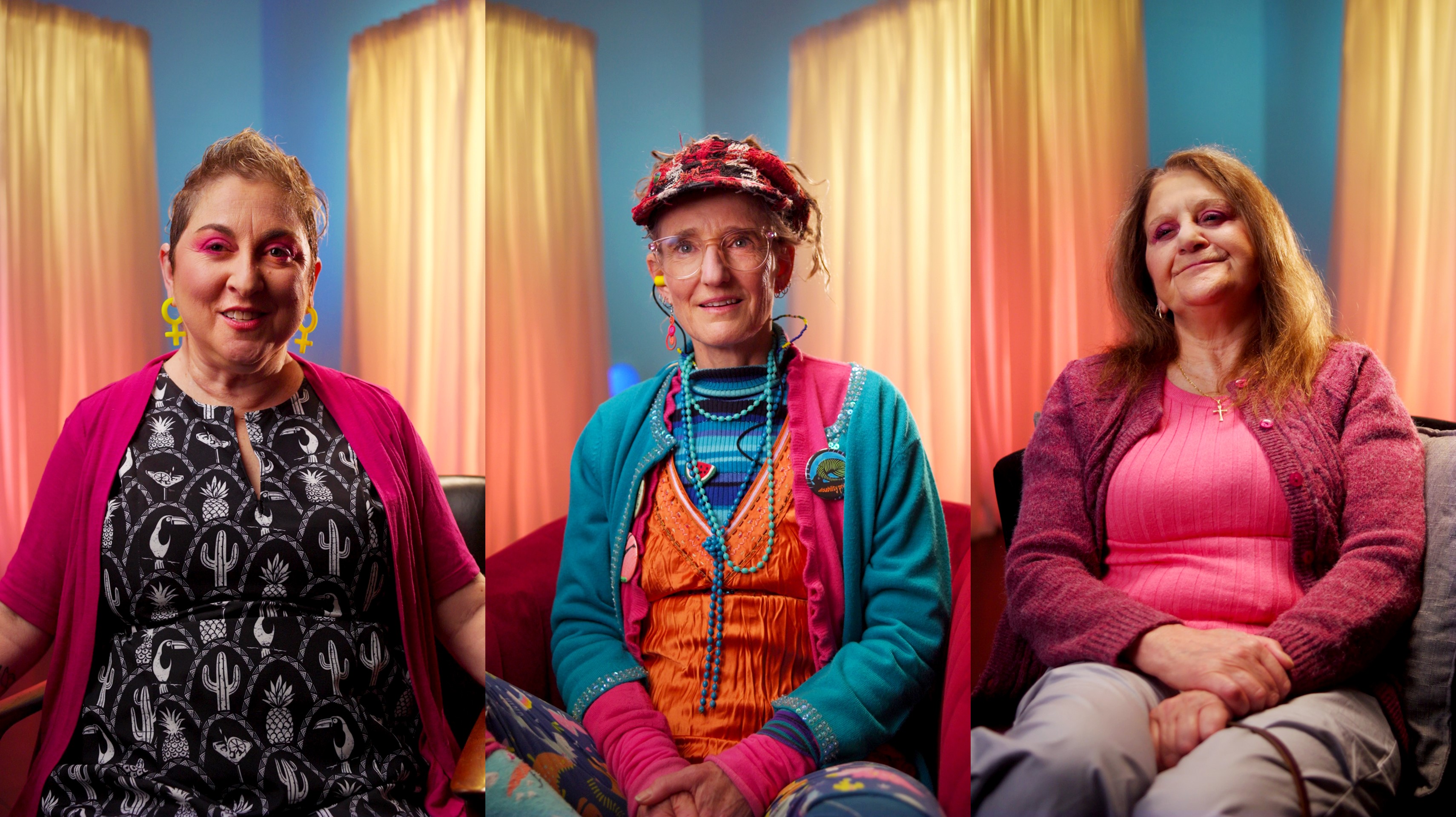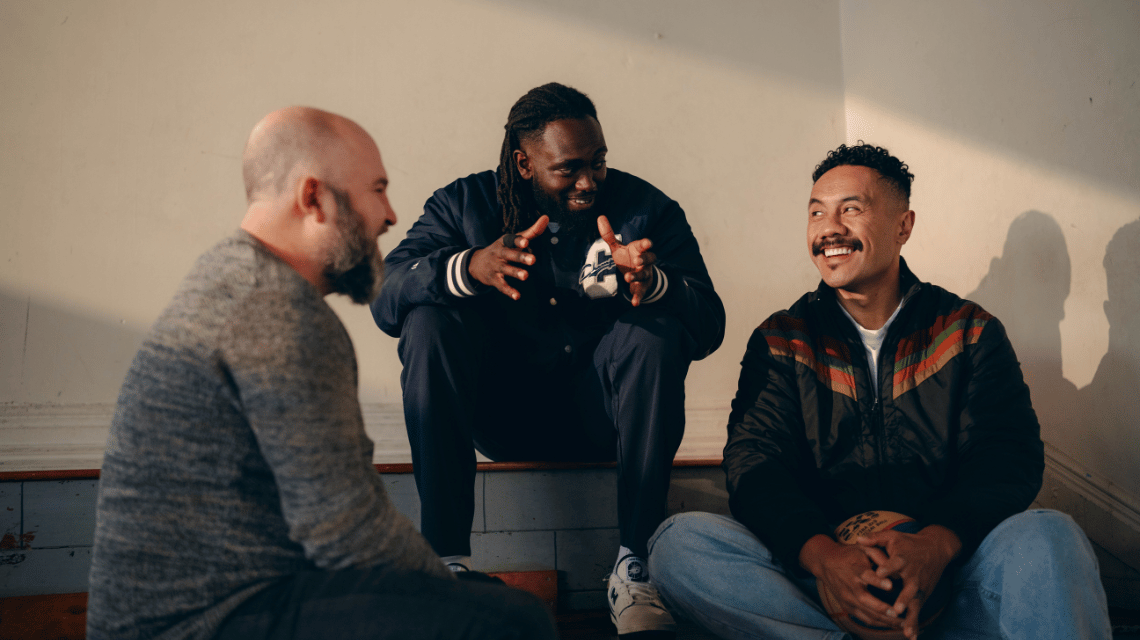
On this page
We all deserve to be respected for who we are. But growing up, many of us are told we should be a certain way, look a certain way, have certain skills, likes and dislikes... all based on our gender.
Treating assumptions about gender as rules to live by can create problems – for instance assumptions and beliefs that men are dominant and aggressive, and women weak and vulnerable.
These assumptions can create expectations about who carries the parenting load and does most of the housework. Whose role it is to earn money, and the kinds of jobs we should have. Who gets to make decisions – at home, work, and in society. Who is allowed to be emotional, and who is allowed to be assertive. What we can wear and how we should look.
These assumptions become harmful ideas that we, often unknowingly, can take into our homes, relationships, workplaces and communities. Together they help create a culture where violence against women thrives.
By challenging these assumptions, we can help create a safer and more equal society.
It all starts with a conversation.
What does starting the conversation mean?
Conversations are an essential part of ending violence against women. They are how we understand the need to act, and what actions will be safe and effective.
They can help us recognise sexism and inequality in our sports clubs. They can help us understand what’s really going on in our own or a friend’s relationship. They can help us uncover and challenge ideas that support, excuse, and justify people using violence – ideas that we can unconsciously take into our relationships, the places we work or the institutions and systems we help shape.
Start the conversation at your sports club
The feeling of community and belonging is one of the best parts of being involved in local sport. Access to it – and everything else we love about sport – shouldn't be determined or limited by your gender. Sexist attitudes and beliefs, both conscious and unconscious, still exist at all levels of sport. These ideas can carry over into all parts of our lives – our relationships, workplaces, places where we live and learn.
Starting the conversation at your sports club can have a wide-reaching positive effect across your greater community.
It can include:
- treating teams or players of all genders equally – making sure they have access to equipment and training and competition opportunities
- advocating and supporting safe and welcoming facilities at your club – like making sure there are accessible and sufficient changing rooms for everyone
- modelling a community culture of respect, safety and inclusion – for example, having a clear stance against “locker room talk” and zero tolerance for spectators who yell sexist, racist, homophobic or ableist remarks
- making sure club activities like coaching, canteen duty and grounds maintenance aren’t unnecessarily gendered jobs.
Learn more about starting the conversation in your sports club
Read More than a game: the power of local sport to prevent violence against women
Start the conversation with your friends
Being a ‘good man’ is about being a good person. But men and boys can face pressures to live up to certain stereotypes – like being tough, aggressive and not showing emotions. The pressure can also turn into harmful attitudes about women, feeling entitled to sex or being in control of a relationship. They’re told to suppress the parts of themselves that don’t fit this assumption of who a man should be.
Starting the conversation with your friends is a way to begin questioning these harmful ideas. It’s about making sure you’re there for your friends, but also knowing when to challenge dangerous, disrespectful attitudes and actions from your mates.
It can include:
- talking about what’s really going on in your life, including the things that worry or sadden you – challenging the expectation that talking about feelings is a weakness
- choosing to call out disrespect towards or about women – these comments aren’t harmless. They can support attitudes that lead to violence
- chatting to your mate about their relationship, if you notice they’re controlling to their partner or talking down to them – these are red flags.
Learn more about starting the conversation with your friends
Read Yes all men: why men need to talk about violence against women
Start the conversation in your home
Assumptions about gender in our homes can hurt the quality of our relationships.
Starting the conversation at home is your chance to challenge ideas about who does what in a relationship. It’s a way to create partnerships based on mutual respect, and model healthy, respectful relationships for children and younger family members.
It can include:
- talking to your partner about how you share the housework in a way that works for everyone
- dividing parenting and caring responsibilities in a way that allows everyone to work, study or volunteer (plus rest and enjoy recreation) fairly
- teaching children what healthy relationships look like.
Learn more about starting the conversation in your home
Read Why we keep talking about housework when we're trying to prevent family violence.
Campaign resources
Support pathways
If you are experiencing family violence, concerned for your safety, or in an emergency situation please call 000 for urgent police assistance.
If you need support or advice, please reach out to a recommended specialist support service.



